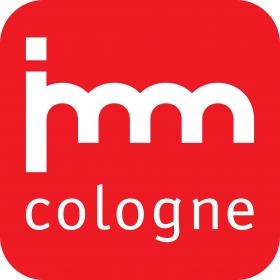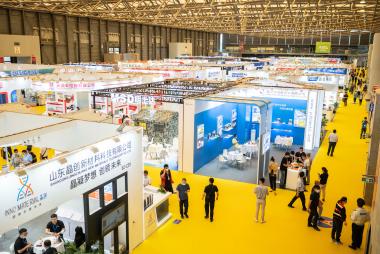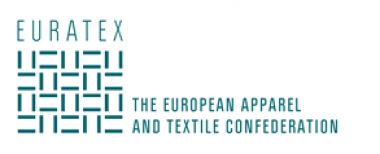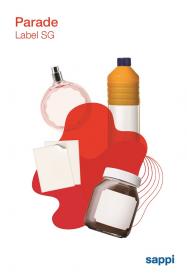TradeBeyond collaborates with Walgreens Boots Alliance (WBA) Global Sourcing
Supply chain management solution provider TradeBeyond announced that Walgreens Boots Alliance (WBA) Global Sourcing has selected its industry-leading multi-enterprise platform to optimize and standardize the company’s operations across its retail brands and to leverage more innovative and agile sourcing practices.
The TradeBeyond platform will be used to manage numerous processes within WBA’s Global Sourcing function, as well as overall sourcing and order management follow up. It will also replace several legacy and redundant systems to create digital efficiencies, unify processes, and facilitate data transparency and integrity.
Implementation has begun on an iterative schedule that will allow WBA Global Sourcing to begin utilizing TradeBeyond’s platform in Fall 2024.
TradeBeyond





































